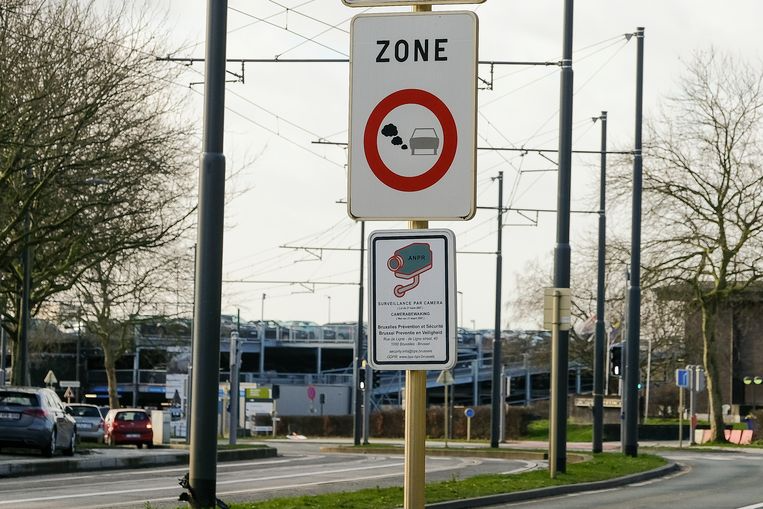
Brussels LEZ tightening under discussion again

Sector organization Energia, among others, is calling on Brussels to review the timetable for the low-emission zone/Pascal Smet
The French-speaking Brussels socialist party PS wants the ban on diesel vehicles with emission class Euro 5, which will apply from January 2


Comments
Ready to join the conversation?
You must be an active subscriber to leave a comment.
Subscribe Today